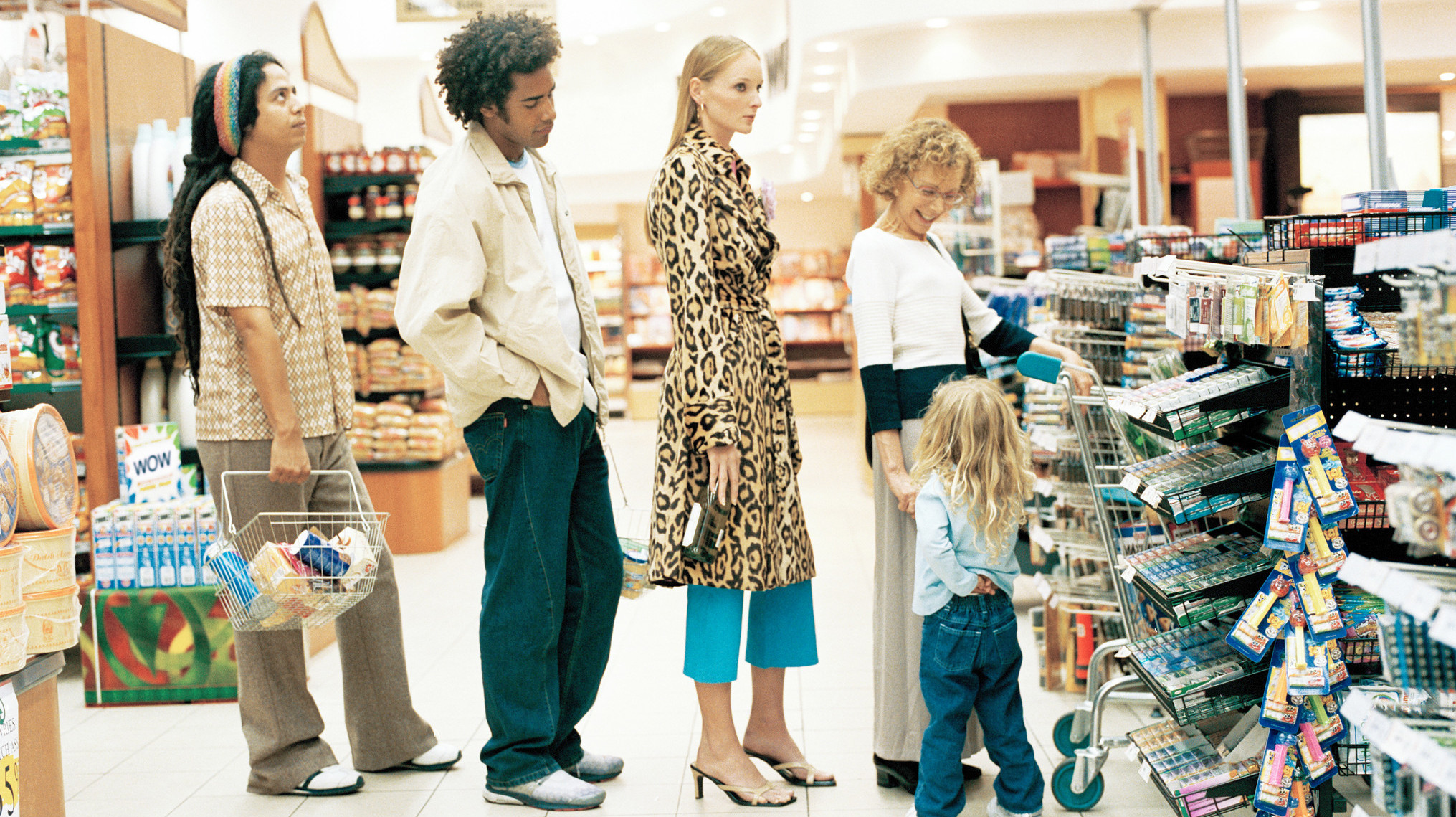Berkeley Becomes First City To Ban Junk Food In Checkout Lines
Everyone in retail knows that all the temptations for impulse purchases go in the checkout line, where shoppers are bored, fidgety, and just want to get the hell out. In bookstores, it's magazines and stationery. At Sephora, it's sample-size versions of regular products. At REI, it's water bottles and energy bars. (Am I the only one who's amused by what different retail operations consider impulse purchases? Okay then.) And at grocery stores, of course, it's junk food, mostly candy and gum, but sometimes also chips—all stuff that's bad for you.
The city council of Berkeley, California, has had it with this chicanery; this is what drives the obesity epidemic, after all. So on Tuesday, it unanimously passed an ordinance that would ban junk food from the checkout aisles of supermarkets that are 2,500 square feet or larger. The ordinance goes into effect in March and enforcement will begin in earnest in January 2022.
"You would see protein bars instead of candy bars, you would see fruit, healthier chips," councilmember Kate Harrison, who co-authored the bill, told KCBS radio. "Minute Maid orange juice, which is made by Coca-Cola, would be there instead of the Coca-Cola."
Council members say this change will benefit everyone. People trying to control their diets won't be tempted by junk food when their resistance is low. Children will not nag their parents at the point in the grocery shop where patience has worn thin, and there will be greater domestic peace. The grocery store owners won't suffer a loss of profits because, according to one council member, one apple generates just as much money for the store as four bags of Doritos. And the candy companies will save tons of money because they won't be paying for prime placement. The only people who will lose, presumably, out are those that want a single candy bar instead of the whole bags that are in the candy aisle. But they are clearly not thinking in their own best interests, so who cares about them?
Harrison notes that Berkeley has long been a trendsetter in establishing laws and ordinances to encourage good health. Six years ago, it was the first city in the country to impose a soda tax. Before that, it was the first to ban smoking in bars. It declined, however, to be the first city in America to name a street after avocado toast. So maybe it's not as progressive as residents want to think it is.
